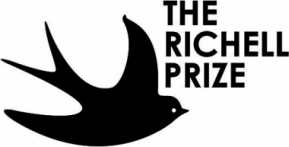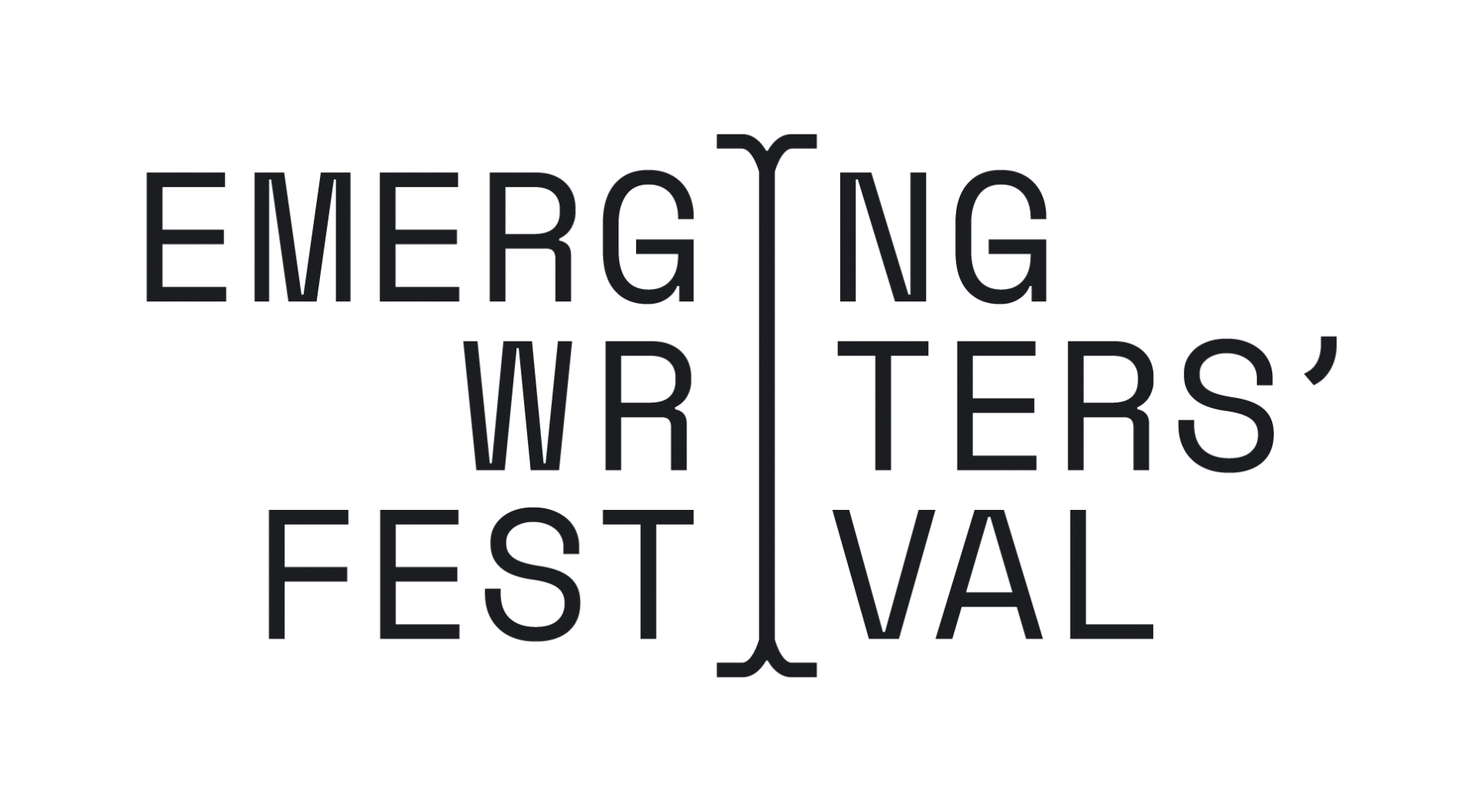This week, the inaugural Richell Prize shortlist was announced by Guardian Australia, and we are so delighted by the range of talent that it encompasses. A huge, heartfelt congratulations to Sally Abbott, Lyndel Caffrey, Brodie Lancaster, Jonathan O’Brien and Ellena Savage. There were 975 entries to the Prize, and to stand out as the authors of the five very best entries in such a crowded field is no small feat.

Represented within this list is a striking vision of a future Australia that is negotiating a tidal wave of refugees [Closing Down, by Sally Abbott], a gorgeous, lyrical and engaging account of Australia at war [Gun Club by Lyndel Caffrey], a delightfully chatty and pop-culture obsessed collection of essays on pop music, feminism and what it means to be a young woman [No Way, Okay Fine by Brodie Lancaster], an original and surreal work that transcends what we understand an ‘art-novel’ to be [& by Jonathan O’Brien], and a clear-eyed, hugely intelligent collection of essays that examine, power, privilege and race informed by a highly original mix of literary and historical research [But With Blood by Ellena Savage].
The entries were judged blind, which is why we’re particularly thrilled that four women have made the shortlist. It’s also tremendous to see the great range in the ages of the shortlisted writers – with 25 years separating the oldest from the youngest – proving that writers can emerge at any age.
We’ve asked each of the shortlisted writers to tell us who they are, and what winning the Richell Prize would mean to them.
Sally Abbott
Sally Abbott has worked in journalism and public relations for more than 30 years, in Australia, Hong Kong and Singapore. She has undertaken creative writing courses at Faber Writing Academy and through the Australian Writer’s Centre. Sally lives in regional Victoria and is a partner in a public relations firm in Melbourne.
“Having space and time away from business thinking and writing without worrying about bills and living expenses and focusing instead on important outstanding research, particularly in regard to one foreign location, as well as characters and plot would, frankly, be the epitome of luxury for me at this stage, and an extraordinary incentive to complete the novel to a publishable standard. To be given an opportunity to finally find the confidence to live and work creatively is a special gift.”
Lyndell Caffrey
Lyndell Caffrey is a Melbourne writer. Her poetry and short stories have been published in various journals including Griffith Review, Poetrix, Southerly, Vignette Press, Centoria and Woorilla, and she has had articles published by Barefoot magazine, Melbourne Child and newmatilda.com. Her work has also featured on Radio National.
“For the last two years my work on “The Gun Club” has been limited by my professional obligations. The Richell Prize would give me the time, the space, the industry expertise and the professional support, vital to bring this already compelling narrative to publication.”
Brodie Lancaster
Brodie Lancaster is the founding editor of Filmme Fatales, a zine that talks about movies from a feminist perspective. Her writing has been featured in magazines, books and websites including New York Magazine’s Vulture, Pitchfork, Jezebel, The Walkley Magazine and Rookie, where Brodie is a staff writer. During the week, she is a senior editor at The Good Copy, where she works on projects including Rooftop Cinema and the annual Independent Photography Festival. Earlier this year, she presented a TED Talk called ‘Not here to be nice: The Likeability Trap.’
“Undertaking a project like writing a book of essays has been a luxury that I quite literally cannot afford, due to the paid work I’d need to sacrifice in order to do it. I like to think I’m a prolific writer and make the most of the time I have to pursue the writing I’m passionate about, but the idea of devoting all my time and energy to a book will remain a hypothetical one without the support of a prize like this.”
Jonathan O’Brien
Jonathan O’Brien is in the second phase of his existence, which is commonly referred to as ‘The Middle’, as though life were a greatest-hits collection of Jimmy Eat World songs. His work’s appeared in Voiceworks, The Lifted Brow, and on Brisbane stages. See more at jonobri.com or @jonobri.
“The prize money would be indispensable in terms of allowing me to invest in my own theatre and arts-based projects, all of which are an extension of my writing practice. To be able to fund these things would allow my work a flexibility I’ve not had before, and would remove much of the financial anxiety that surrounds these sort of works (which are not lucrative by any means). To be awarded the Richell prize would be an honour that would afford me many opportunities to grow and expand my work, and to meet and work with people who could shape my future as a writer.”
Ellena Savage
Ellena Savage is an editor at The Lifted Brow, a columnist at Eureka Street, and a PhD candidate at Monash University. Her essays and criticism, which have appeared in the pages of periodicals such as The Guardian, Meanjin, Overland, Junkee, and The Australian, examines the intersections of politics, feminism, and literature.
“I have a clear idea of what this project needs, and what it needs is dedicated time. It needs me to sit for many more hours, weeks, and months in libraries and studios making the intellectual connections that can only be made with time and devotion. Time is the greatest resource, but of course time costs money.”



Subscribe to our email newsletter: